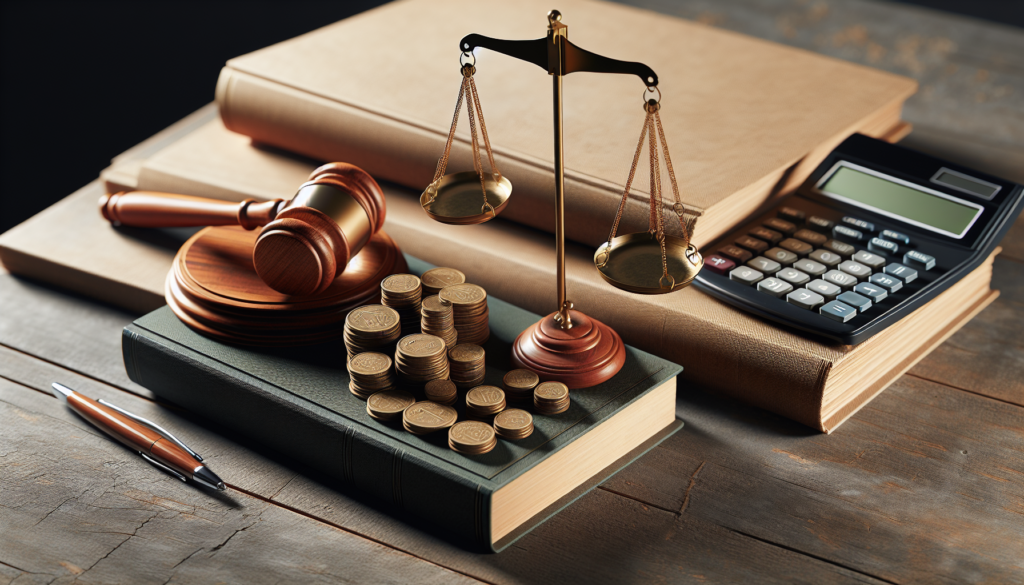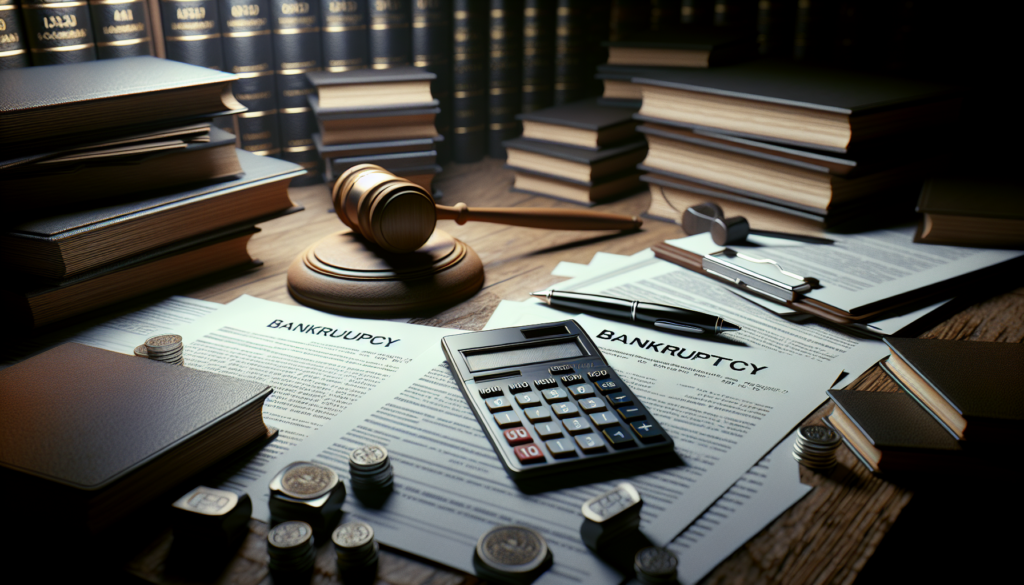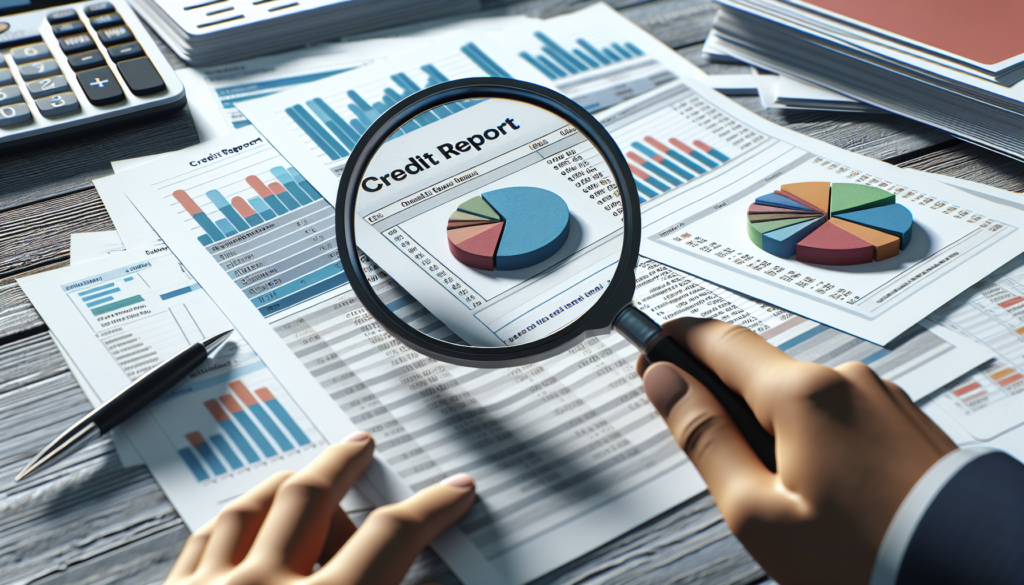
Filing for Chapter 13 bankruptcy is a significant financial decision that can offer a lifeline to those drowning in debt. However, it’s a complex process that requires a thorough understanding of what’s involved, the implications, and how it can affect your financial future. Here’s a more detailed look at the key aspects of Chapter 13 bankruptcy to help you make an informed decision.
Understanding Chapter 13 Bankruptcy
Chapter 13 bankruptcy, often referred to as a wage earner’s plan, allows individuals with regular income to develop a plan to repay all or part of their debts. Unlike Chapter 7, which liquidates assets to pay creditors, Chapter 13 focuses on debt reorganization and repayment over a three to five-year period.
Eligibility Requirements
To qualify for Chapter 13, you must meet specific criteria. Your unsecured debts (like credit card bills) must be below $419,275, and secured debts (like mortgages) must be under $1,257,850 (these figures are subject to adjustments for inflation). You must also have a regular income and not have had a bankruptcy petition dismissed in the previous 180 days due to failure to appear in court or comply with court orders.
The Repayment Plan
The repayment plan is the cornerstone of Chapter 13 bankruptcy. It’s based on your income, expenses, and debt types. You’ll propose a plan to make monthly payments to a trustee, who then distributes the funds to your creditors. The plan must prioritize certain debts, like alimony, child support, and tax obligations, before addressing unsecured debts.
Protection from Creditors
Filing for Chapter 13 triggers an automatic stay, which immediately stops most creditors from pursuing collection actions against you. This stay can halt foreclosure proceedings, giving you a chance to catch up on missed mortgage payments through your repayment plan.
Retaining Your Assets
A significant advantage of Chapter 13 over Chapter 7 is the ability to keep your assets, such as your home and car. This feature is particularly appealing to those who have significant equity in their assets and want to avoid liquidation.
Legal Assistance
The complexity of Chapter 13 bankruptcy makes hiring a knowledgeable bankruptcy attorney almost essential. An attorney can guide you through the filing process, help develop your repayment plan, and represent you in court, increasing the chances of your plan being approved by the court.
Impact on Credit
While Chapter 13 bankruptcy does impact your credit score and remains on your credit report for seven years, it can be a positive step towards financial recovery. Over time, as you make consistent payments through your plan, you can begin to rebuild your credit.
Costs Involved
Filing for Chapter 13 involves various costs, including court filing fees, attorney fees, and trustee fees. While these can add up, the financial relief and structured repayment plan can provide a more manageable path to settling your debts than continuing to struggle with increasing interest and penalties.
Education Requirements
Before filing for Chapter 13, you must complete a credit counseling course from an approved agency. After filing, you’ll need to complete a debtor education course to have your debts discharged at the end of your repayment period. These courses are designed to help you manage your finances better and avoid future financial difficulties.
Long-Term Financial Planning
Chapter 13 bankruptcy is not just about overcoming current debt challenges; it’s an opportunity to reset your financial habits. It’s crucial to use this period to develop a budget, build an emergency fund, and plan for a financially stable future.
Chapter 13 bankruptcy offers a structured way to address overwhelming debt while allowing you to keep your assets. It requires commitment and a willingness to live within a structured budget for several years. By understanding the process, requirements, and implications, you can make a well-informed decision about whether it’s the right path for your financial future.




Get a Free Bankruptcy Case Evaluation